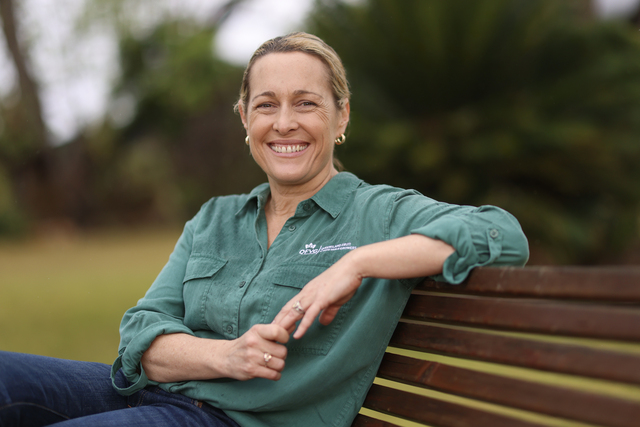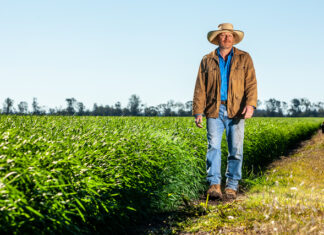Senate inquiry hearings last week exposed a special display of supermarket spin, with the CEOs of the two major chains giving evidence around pricing that just doesn’t check out.
That’s the view of peak grower body Queensland Fruit & Vegetable Growers (QFVG), which says the ugly truth is that supermarkets are using tactics to force growers to sell produce at a price that “very often“ doesn’t cover their costs.
“In their oral evidence at today’s hearings, the CEOs of the major supermarkets gave the impression that there is no major issue with their suppliers or product pricing,” QFVG CEO Rachel Chambers said.
“This will infuriate many growers, who are receiving similar prices as they were a decade ago – or more – while consumers are paying more for fresh produce at the checkout.
“In many cases, growers’ returns are unsustainable.
“Today, while the CEOs were playing nice with Senators, their buying teams are paying avocado suppliers about 78 cents per piece, which they are then retailing at $1.50.
“These sorts of returns do not cover the grower’s average cost of production and are frankly, unsustainable. Once again, the retailer holds a margin (48 per cent) while growers lose money.”
Ms Chambers said growers had been hopeful the supermarkets would have addressed the serious issues and suggested improvements.
“Although there were little rays of acknowledgement about problems in the fresh fruit and vegetable sector, most talk consisted of more spin than is typically unleashed by the products in the laundry aisle,” she said.
“Between the Woolworths CEO rejecting suggestions the company forces suppliers to meet prices and a Coles representative stating it wasn’t her experience that supply agreements take place after plantings – when we know they do – it seems the supermarkets have a bit more digging to do internally before they get to the truth.
“All our growers want is a fair price to ensure they can keep growing fresh produce for Australians for generations to come. It shouldn’t be this hard.”
Late last year, QFVG launched the national We Give A Fork campaign to drive real action around pressing issues facing the sector, including growers’ margins, policy pile-on and the reputation of the sector.









